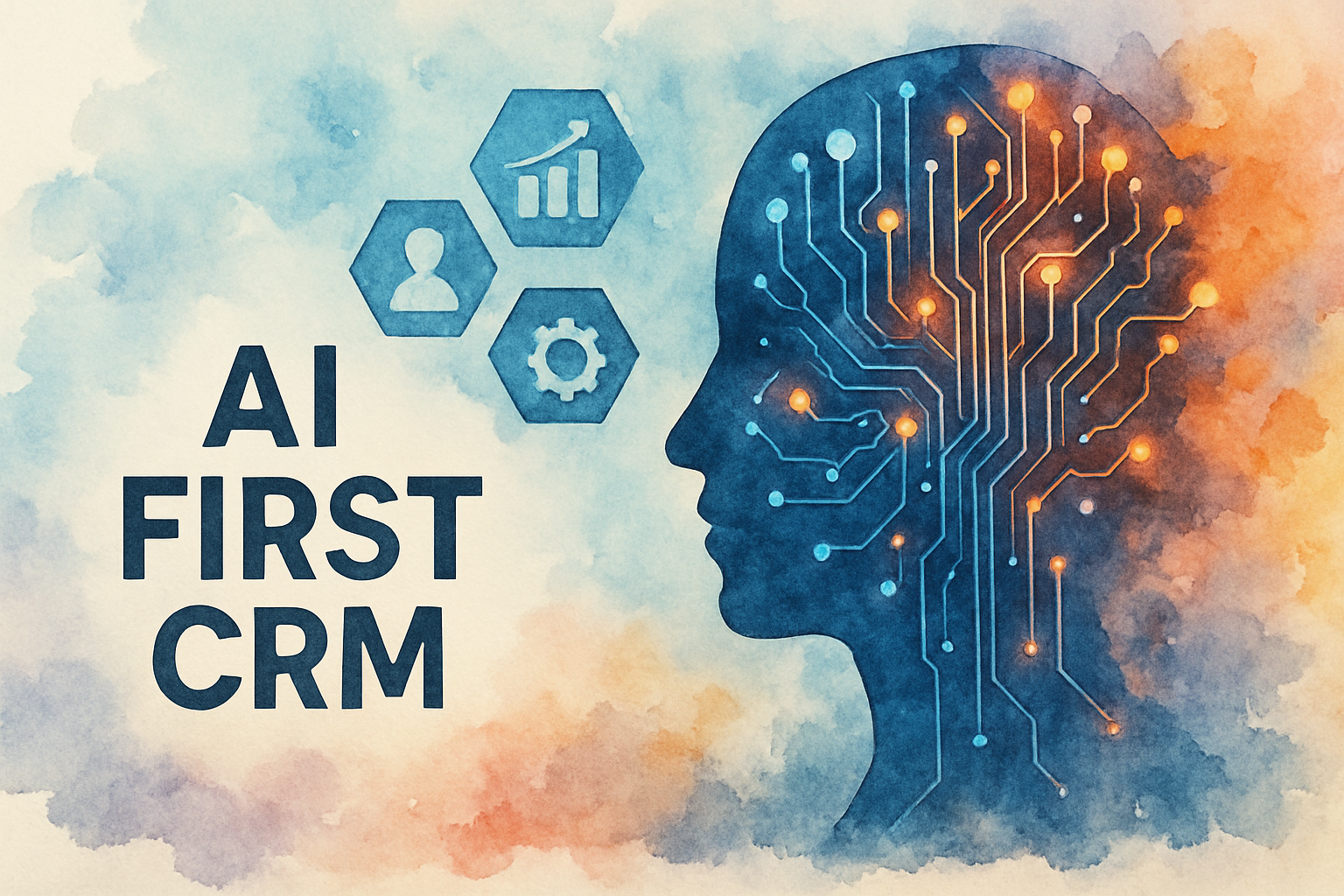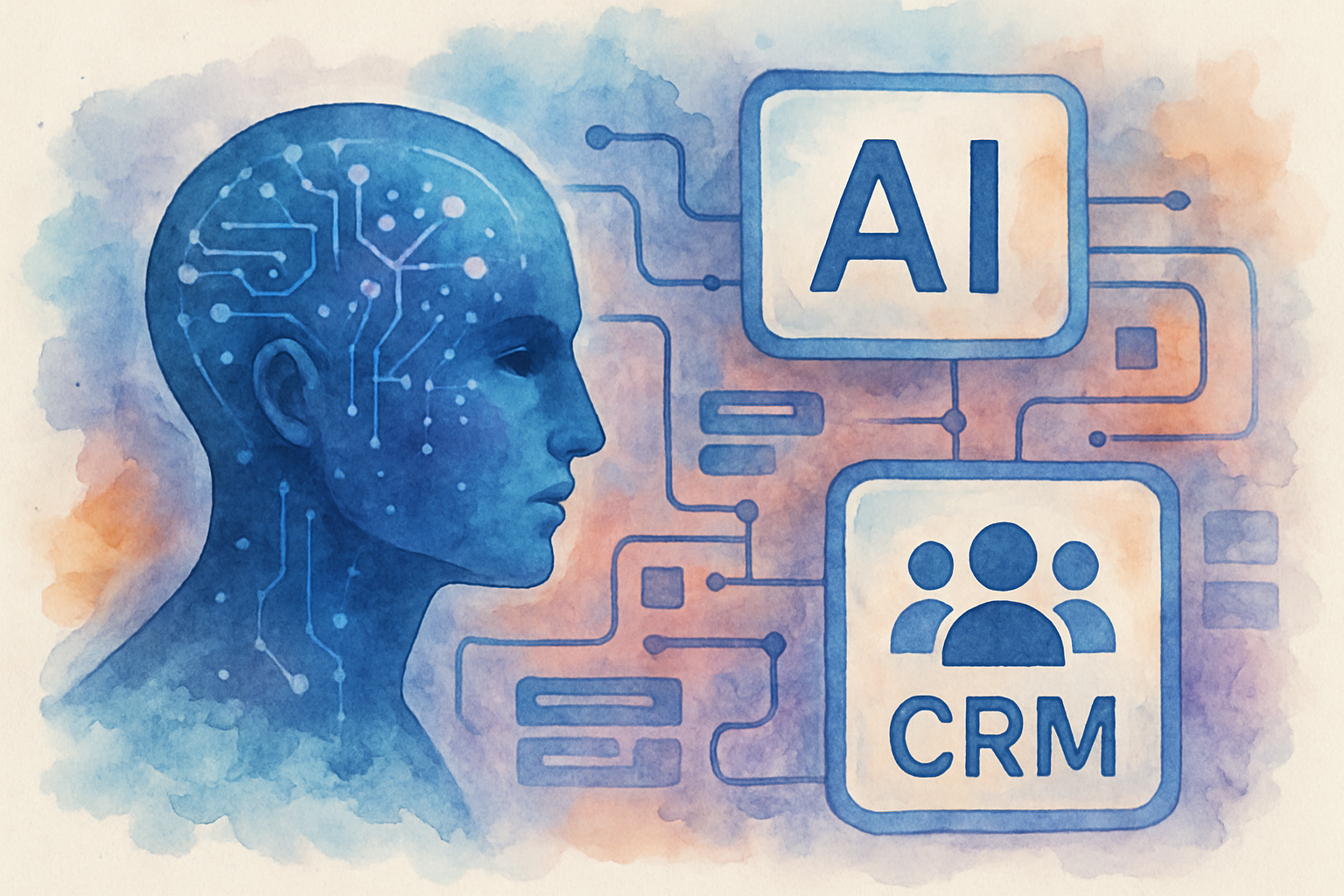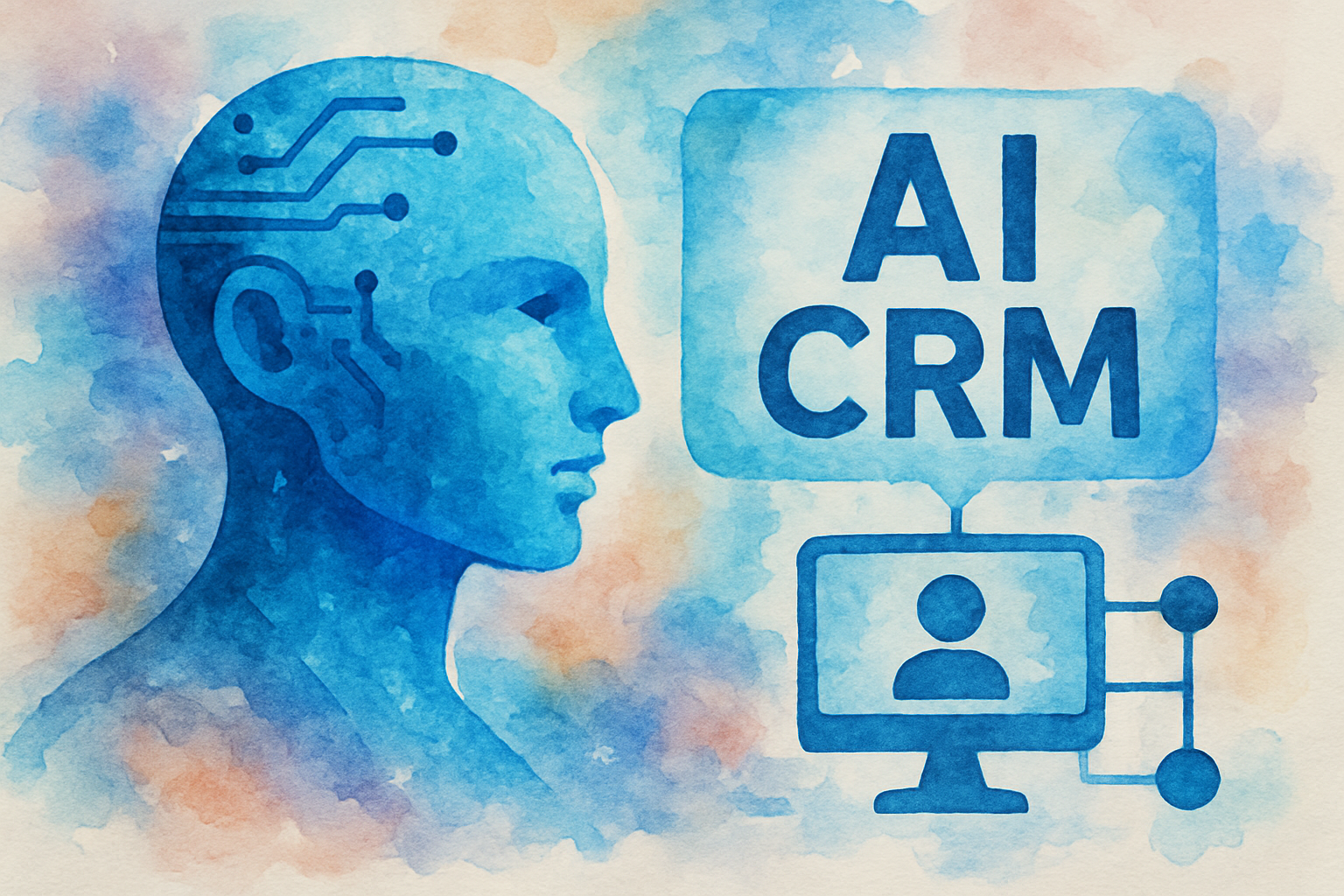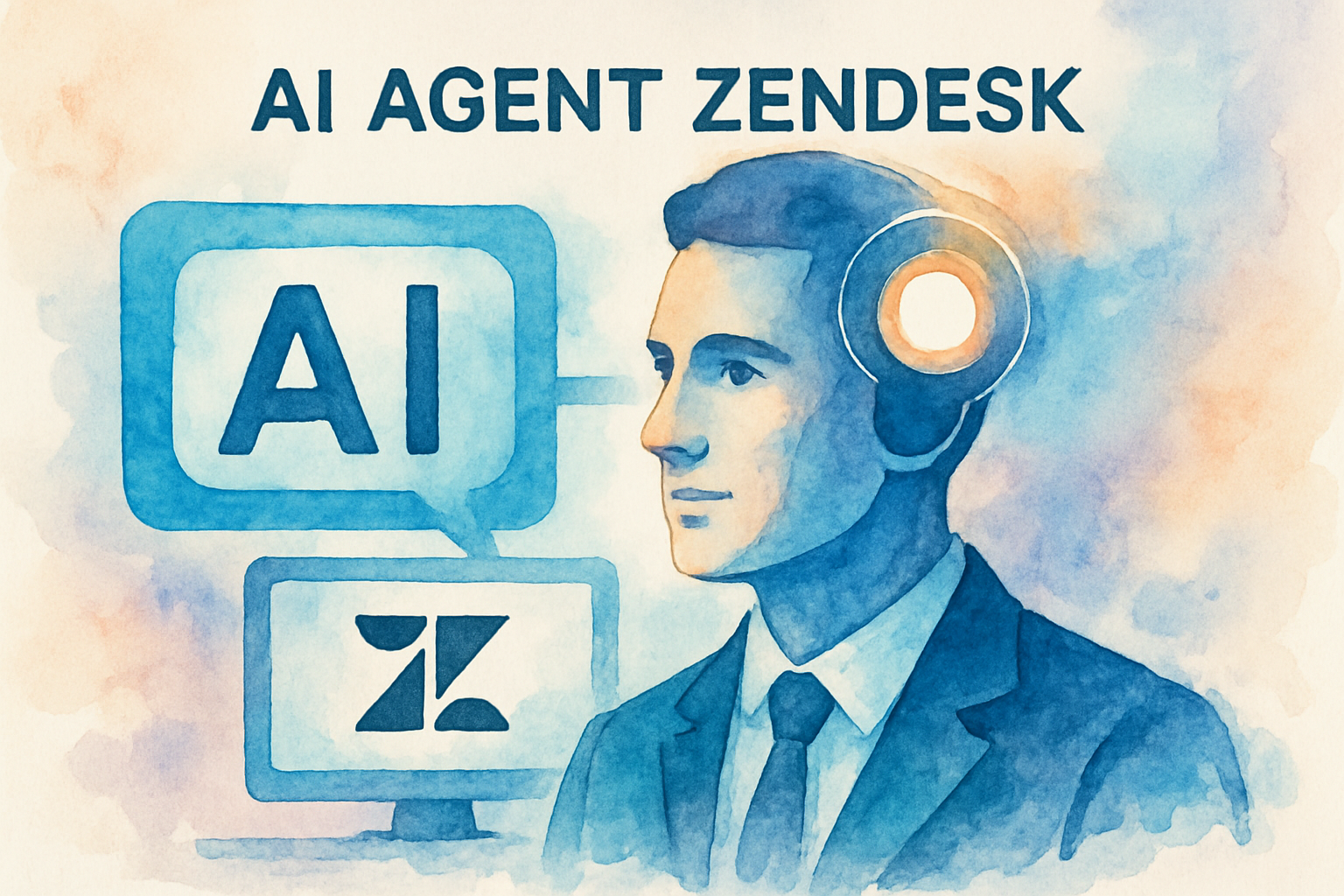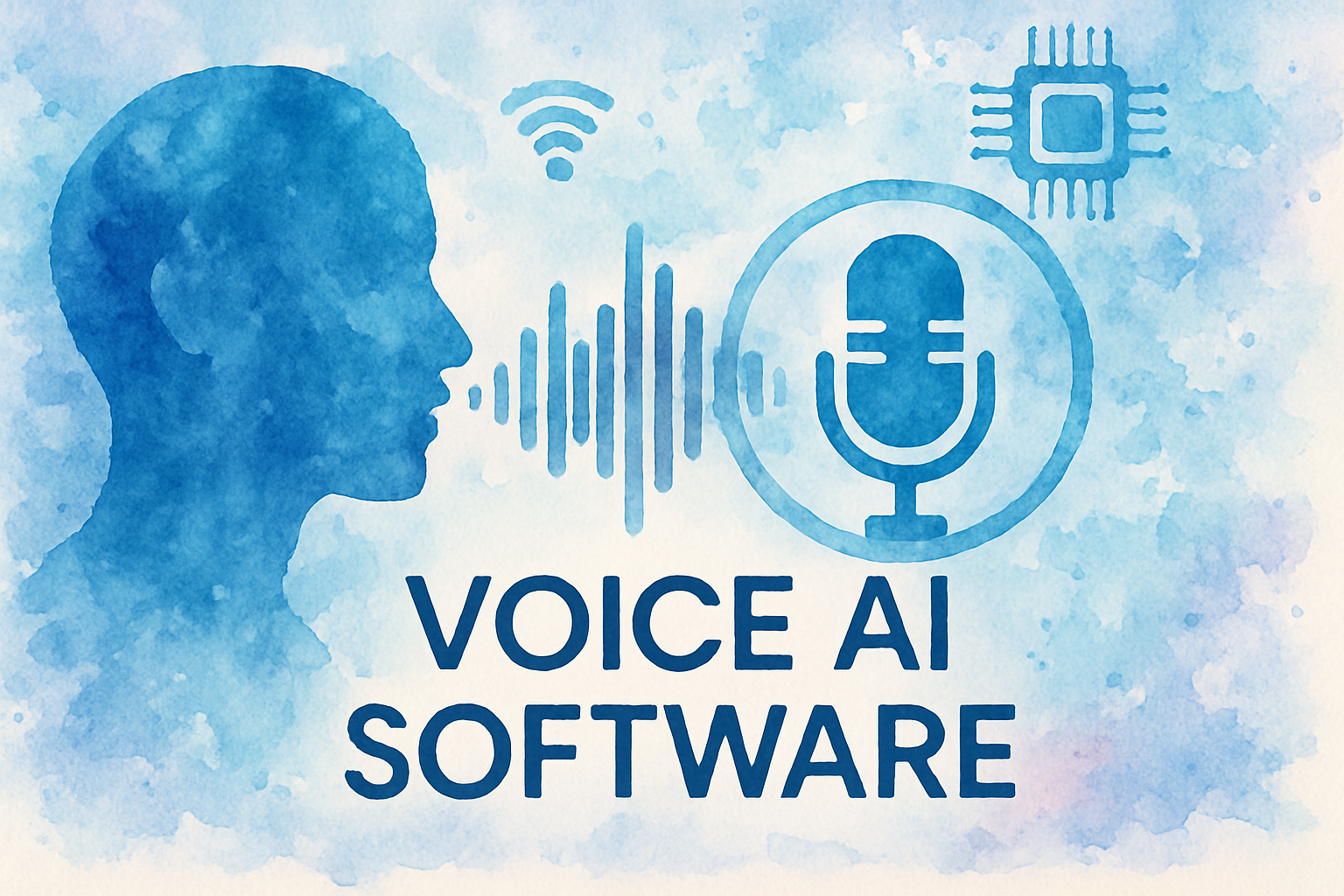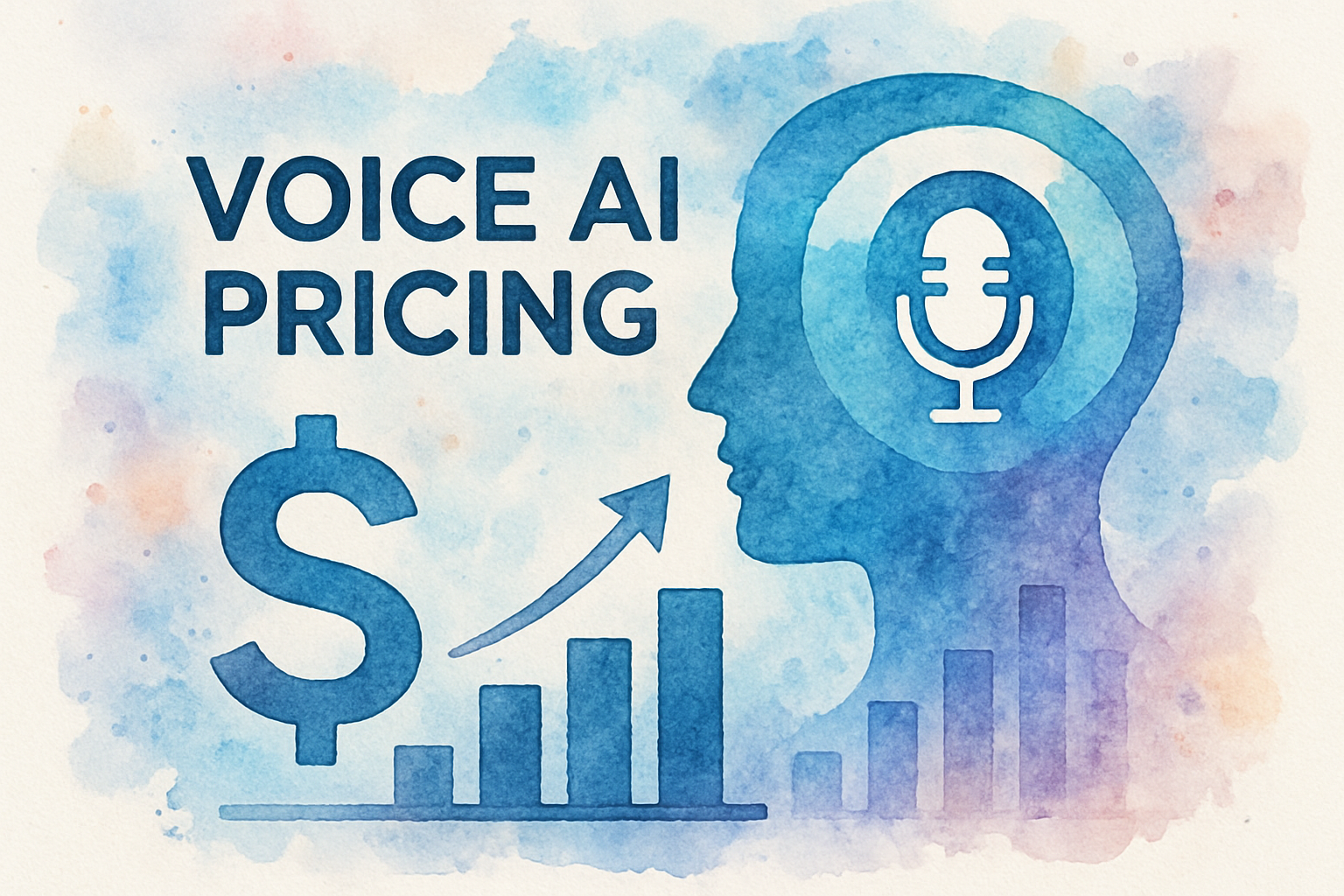AI Chatbot vs AI Agent: Why Your Business Needs to Know the Difference?
If you’re considering automating customer interactions for your business, you’ve probably come across countless platforms promising to help you “build your own bot in minutes.” Whilst these solutions might seem attractive at first glance, understanding the fundamental differences between AI chatbots and AI agents could save you from costly mistakes and missed opportunities.
The Reality of DIY Chatbot Platforms
These platforms have made it incredibly easy for anyone to create a basic AI chatbot. Here’s what they typically offer:
Simple Setup Process:
- Upload some business information in a text box
- Write a few prompts about how you want the bot to respond
- Deploy it on your website or social channels within hours
The Hidden Limitations: However, these seemingly convenient solutions come with significant constraints that most business owners only discover after implementation:
- Character limitations on business context (often just a few thousand characters or less than 100,000 characters)
- Prompt restrictions that force you to compress complex business information into oversimplified instructions
- One-dimensional responses that sound robotic and generic
- No task execution – they can only respond to queries, not help customers complete actions
- Limited integration capabilities with your existing business systems
Think of it like hiring someone who can only read from a script. They might handle basic enquiries, but the moment a customer needs something more complex, the limitations become glaringly obvious.
What Makes AI Agents Different?
AI agents represent the next evolution in business automation. Rather than simply responding to questions, they’re designed to understand context, make decisions, and execute tasks to achieve specific outcomes.
Key Capabilities of AI Agents:
1. Task Execution Beyond Conversation Whilst a basic chatbot might tell a customer, “You can check your order status on our website,” an AI agent would actually access the order system, retrieve the specific information, identify any issues, and proactively offer solutions.
2. Multi-Platform Integration AI agents can seamlessly connect with your:
- Customer relationship management (CRM) systems
- Inventory management platforms
- Booking and scheduling tools
- Payment processing systems
- Email marketing platforms
- And virtually any other business software you use, as long as there is an open API available
3. Contextual Decision Making Instead of following rigid scripts, AI agents adapt their approach based on:
- The customer’s history with your business
- The complexity of their enquiry
- The stage of the buying journey they’re in
- The urgency of their situation
The RAG Advantage: Knowledge Base vs Business Context
This is where the technical differences become crucial for business success.
Traditional Chatbot Approach: Most platforms limit you to providing “business context” in a simple text format. You might write something like: “We sell accounting software for small businesses. Our pricing starts at $29/month. We offer customer support via email.”
RAG-Powered Knowledge Base: RAG (Retrieval-Augmented Generation) technology allows AI agents to access comprehensive, structured knowledge bases containing:
- Detailed product specifications and documentation
- Complete pricing matrices with variables and conditions
- Step-by-step troubleshooting guides
- Company policies and procedures
- Historical customer interaction data
- Industry-specific terminology and context
The difference is like comparing a business card to a complete company manual.
How does it impact your business?
Let’s examine how these differences play out in actual customer interactions:
Scenario: Customer Enquiry About Product Compatibility
Basic Chatbot Response: “Thank you for your interest in our products. Please get in touch with our sales team for specific compatibility questions.”
AI Agent Response: “I can help you check compatibility. I see you’re currently using AccBooks Pro 2021. Our Enterprise solution integrates directly with your version. Based on your business size of 15 employees, you’d need our Professional tier at $89/month. I can show you a demonstration of the integration process, check current pricing promotions, or schedule a call with our implementation specialist. What would be most helpful?”
The agent didn’t just answer the question – it proactively gathered context, provided specific information, and offered multiple pathways to move the conversation forward. The best part? All these can be saved and synced to your CRM.
The Investment Perspective
Whilst AI agents require more initial setup and investment compared to DIY chatbot platforms, the return on investment typically justifies the difference:
- Reduced staff workload on routine enquiries
- Higher conversion rates through intelligent customer guidance
- Improved customer satisfaction with accurate, helpful responses
- 24/7 availability without quality degradation
- Scalability as your business grows
- Learning never stops because you can keep updating and growing the knowledge base
Conclusion: Do you need an AI chatbot or an AI agent?
The gap between basic chatbots and AI agents will only widen as technology advances. Businesses that choose platforms based solely on ease of setup or price may find themselves needing to rebuild their automation infrastructure as customer expectations evolve.
Before committing to any platform, ask yourself: Do you want a digital receptionist who can only read from a script, or do you want an intelligent assistant who can actually help your customers achieve their goals?
The answer to that question should guide your decision between AI chatbots and AI agents.



